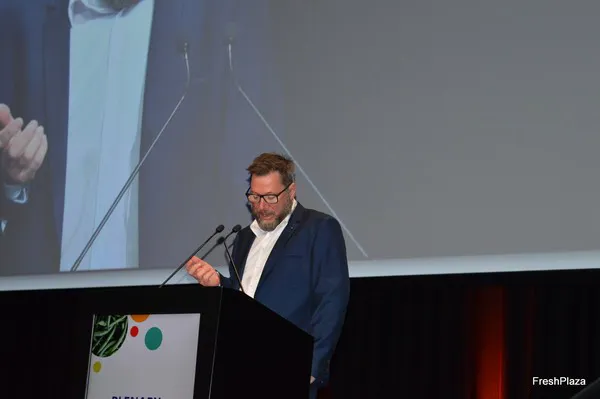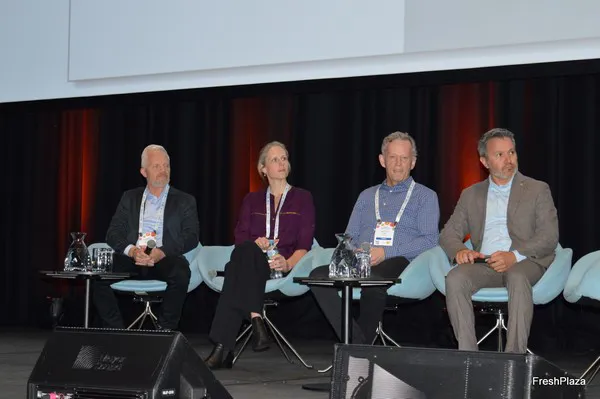Speaking last week at Hort Connection, Ben Hoodless, Interim Chief Executive of IFPA ANZ, gave some insights into the State of the Industry Future Trends Report.

He said that consumer's biggest concerns were increasing costs, 48% expect the economy to worsen in the next 6 months, while 73% expect the cost of living to increase.
Sustainability is a major factor for producers, retailers and consumers, and the report outlines that the biggest deterrents for consumers were - high prices, deceptive marketing, low quality, and misleading information.
Paul Turner - Commercial Director of Fruit & Veg, Woolworths, said that consumers are disempowered by the increasing costs and are spending less as groceries are one of their biggest costs. The budget customer is used to budgeting and will be affected less, other customers will feel a bigger impact and are really looking for good value. He said that while this is very concerning, it is also an opportunity. This climate is perfect for fast food outlets that can offer family meals very cheaply, and retailers need to be able to compete with this.
Are consumers willing to pay more for sustainability? No. QR codes are a good way to pick up consumer sentiment, the majority live in cities, so we need to find ways to communicate the fresh produce story and tell them where food comes from, and retailers need to lead this change; we can't pass the impact onto suppliers. If consumers won't pay more, then we need to make efficiencies.

Martin Kneebone - Director, Freshlogic said that he is surprised by the strength in demand for eating out, there has been a 25% growth since Covid, and it will continue to grow. This demand comes from people having been locked down and working from home. He said the fresh produce industry should work to better understand the food service industry.
Katie de Villiers - Head of Customer Experience, One Harvest, said that the number one challenge is inflation, and consumer sentiment is changing, as a supplier, they need to understand this. They are looking at automation and at sustainability. As a producer of fresh bagged salad, they use a lot of plastic, it can't be sold loose! But they look are looking at using lower gauge plastic and recyclable materials. These materials are not available yet or are difficult to get on a big scale.
Max Teplitski - Chief Science Officer, IFPA, said that lack of labor is leading to elevated opportunities for robotics, both in picking and processing, but also in plant breeding. He said that consumers are paying a lot more attention to sustainability, and visibility in the supply chain will be important.
